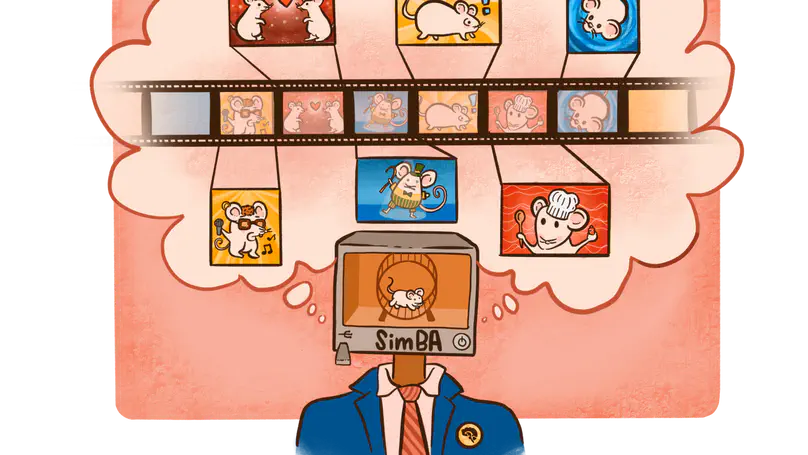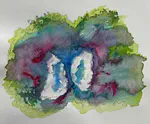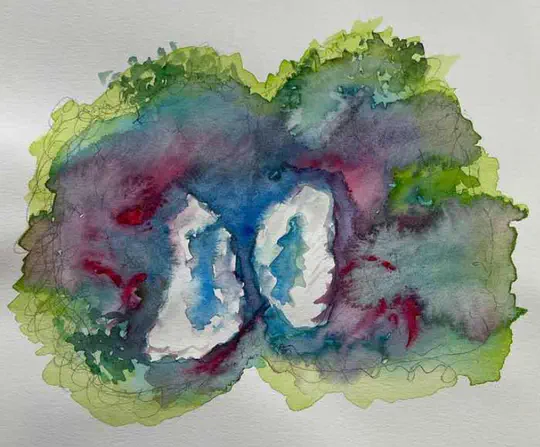About Me
Hi, I’m Valerie! I am a Neurosciences PhD Student in Dr. Karl Deisseroth’s lab at Stanford University. I am interested in understanding the neural and behavioral dynamics that structure social interaction, and how they become disrupted in neuropsychiatric conditions like autism.
I did my undergrad at the University of Washington, where I earned a Neuroscience BS and an English Minor. I conducted an honors thesis research project with Dr. Sam Golden where I used deep and machine learning to quantitatively phenotype the behavioral sequences and whole-brain cfos ensembles underlying maladaptive aggression. I was also Editor-in-Chief of Grey Matters Journal, a neuroscience outreach organization founded and run by undergraduate students aimed at fostering scientific engagement through community outreach, diversity and inclusivity initiatives, and effective scientific communication.
After graduating in 2022, I worked at the National Institute of Mental Health as an IRTA Post-Baccalaureate Research Fellow in the Unit on Neuromodulation and Synaptic Integration, where I learned to use patch clamp electrophysiology and one- and two-photon microscopy to investigate the impact of endogenous opioid signaling on PFC microcircuitry and motivated behavior.
- Social Interaction
- Autism
- Machine Learning
PhD in Neuroscience, 2024-Present
Stanford University
BS in Neuroscience, 2018-2022
University of Washington
What I Do
Research Experience
Thesis work coming soon…
Advisor: Karl Deisseroth
Used the high resolution cellular and molecular neuroscience techniques ex vivo patch-clamp electrophysiology and in-situ hybridization in combination with fiber photometry recordings and 2-photon imaging during headfixed behavior assays to comprehensively characterize the role of endogenous opioids and their receptors in shaping prefrontocortical microcircuits involved in motivated behavior. Set up hardware and software for video acquisition and wrote simple computer vision- based tools for video processing. Set up and implemented computational behavioral quantification methods and taught researchers across institutes to use them in their own research.
Advisor: Hugo Tejeda
Worked on computational analyses of complex behavior in mice (aggression, social interaction, food-seeking) using deep- and machine-learning based methods for pose estimation and behavioral quantification. Developed computational pipelines using unsupervised machine learning dimensionality reduction and clustering methods for visualizing and interpreting whole-brain fos cellular activation data.
Advisor: Sam Golden
Assessed the therapeutic effect of targeted activity-dependent spinal stimulation (TADSS) on motor function and axonal regeneration following spinal cord injury in rats.
Advisor: Steve Perlmutter
Awards
Recent Posts
Projects
Recent Publications
Contact
📬 Send me a message! Always happy to chat about science, writing, behavioral analysis tools, my grad school, postbac, and undergrad research experiences, and potential opportunities or collaborations ☺




